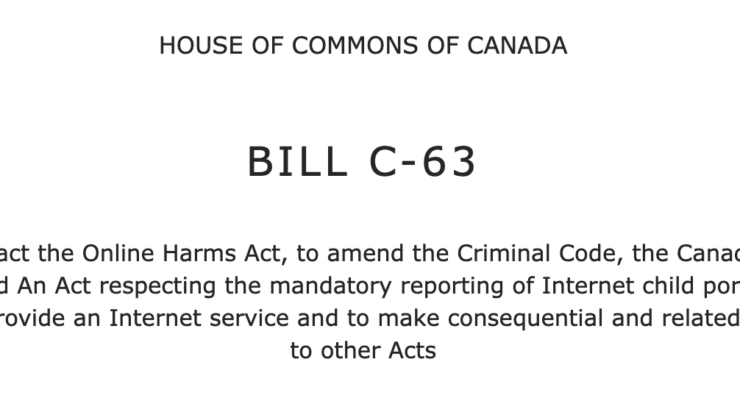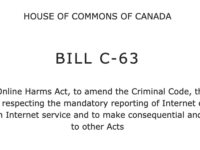A little over five years ago, I launched the Law Bytes podcast with an episode featuring Elizabeth Denham, then the UK’s Information and Privacy Commissioner, who provided her perspective on Canadian privacy law. I must admit that I didn’t know what the future would hold for the podcast, but I certainly did not envision reaching 200 episodes. I think it’s been a fun, entertaining, and educational ride. I’m grateful to the incredible array of guests, to Gerardo Lebron Laboy, who has been there to help produce every episode, and to the listeners who regularly provide great feedback.
The podcast this week goes back to where it started with a look at Canadian privacy through the eyes of Europe. It flew under the radar screen for many, but earlier this year the EU concluded that Canada’s privacy law still provides an adequate level of protection for personal information. The decision comes as a bit of surprise to many given that Bill C-27 is currently at clause-by-clause review and there has been years of criticism that the law is outdated. To help understand the importance of the EU adequacy finding and its application to Canada, Colin Bennett, one of the world’s leading authorities on privacy and privacy governance, joins the podcast.

























